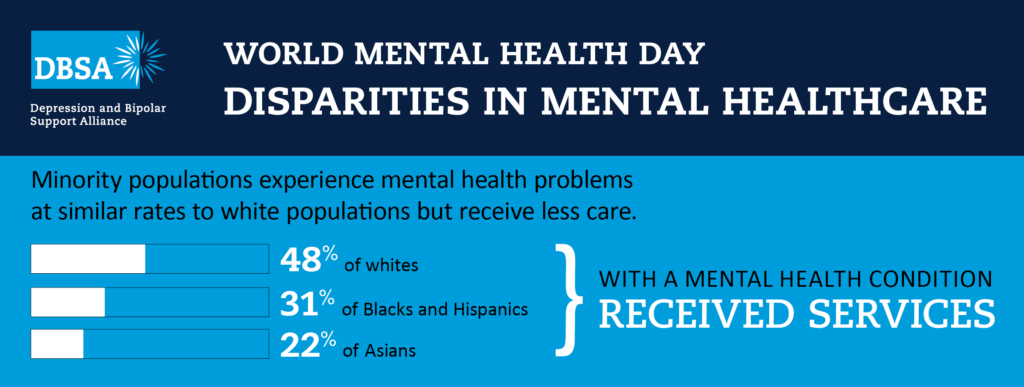Only one out of three Black Americans who need mental healthcare receive it.
A wealth of research has shown that, on average, racial and ethnic minority populations report experiencing mental health problems at the same rate as whites. But barriers, including lack of access, discrimination and stigma, prevent these communities from getting the high-quality mental health care they need and deserve.
That’s why DBSA is doubling down on our efforts to empower underserved communities through our peer support specialist training program.
“I have experienced discrimination, lack of access to care and stigma, and I am still being targeted,” Nicole B., a student in DBSA’s peer support specialist training program and a U.S. Army Veteran, said. “I am passionate about peer support because I didn’t have a smooth experience when navigating the healthcare system. I want to be an ear to listen, a resource for help, a voice for those who cannot speak, and support people like me and my community.”
After completing DBSA’s training program, Nicole will have the experience and tools she needs to help others in her community get the mental health services they need for long-term wellness. Peer support specialists also serve as valuable role models for the people they serve, often at a lower cost and with improved health outcomes.
You can help Nicole build a healthier future for underserved communities by donating to DBSA today. Financial contributions enable DBSA to grow our programs, serve more people, and advocate for funding for peer support specialists at the state and federal levels.
To learn more about disparities in mental healthcare and ways you can help, visit our Advocacy Center or print and share this resource on inequality in mental health care.


